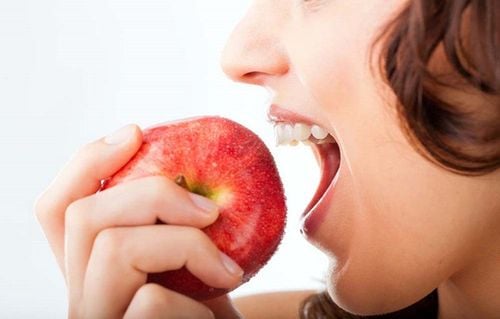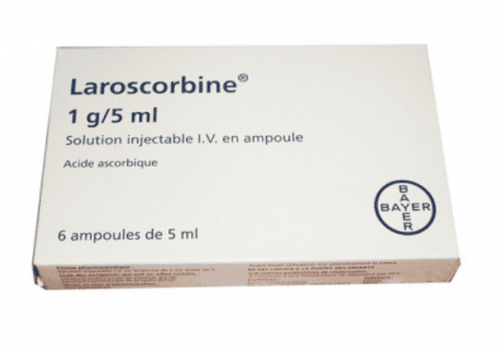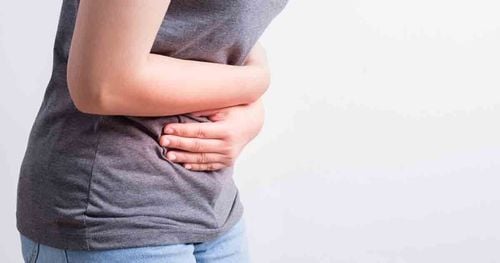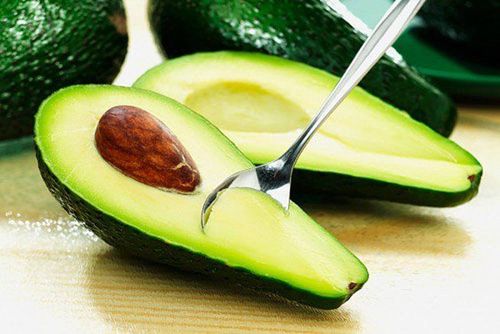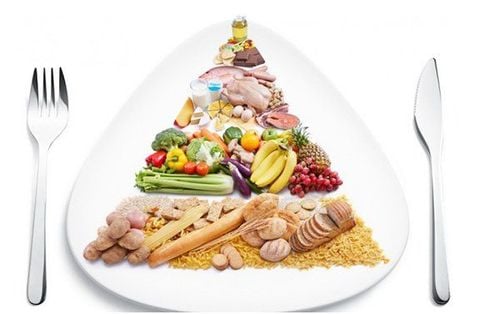A fresh apple can be a delightful snack. Apples can stay fresh for so long before they start to go bad. However, apples that are far past their expiration date may no longer be safe to eat.
1. How long do apples last?
How long an apple lasts depends largely on when it was harvested, how it has been stored since that time. Many fruit distributors store apples under optimal conditions that keep them fresh for several months before reaching grocery stores.
For instance, apples are often treated with a gas called 1-methylcyclopropene (1-MCP). This treatment prevents the apples from ripening by blocking the effects of ethylene, a colorless gas that promotes the natural ripening of fruits. However, once removed from these controlled environments, the apples will resume ripening.
What matters most to consumers is how apples are kept at home, the temperature at which they are stored, and the duration.
Below are estimated shelf lives of apples based on different storage methods:
- On the counter: 5–7 days
- In the pantry: 3 weeks
- In the refrigerator: 4–6 weeks
- Once cut: 3–5 days in the refrigerator, 8 months in the freezer
- Made into applesauce: 7–10 days in the refrigerator, 2 months in the freezer
- Cooked, such as in an apple pie: 3–5 days in the refrigerator
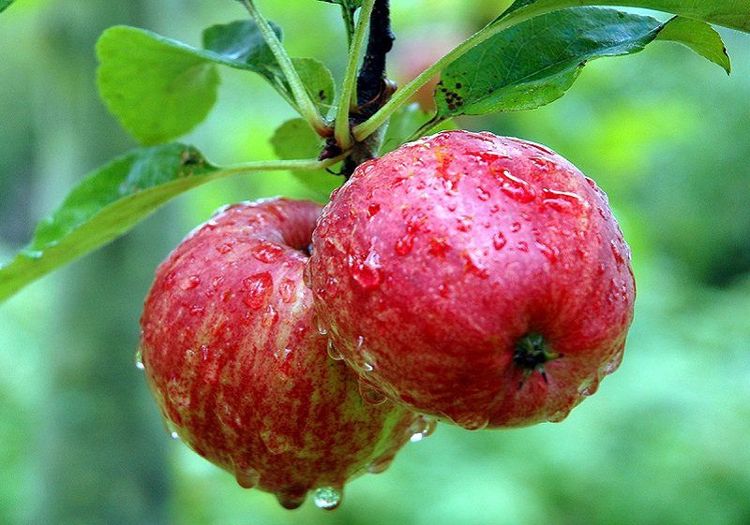
2. How to tell if an apple has gone bad?
Fresh apples feel firm, have bright skin, and emit a pleasant fruity smell. When you bite into a fresh apple, they are crispy and juicy.
Here are a few indications that an apple has started to spoil. When apples spoil, they develop bruises, soft spots, wrinkled skin, or discolored areas. Additionally, the apples may become soft, spongy, and start leaking liquid from their skin. The flavor of the apple will also change, becoming bland and no longer enjoyable. It’s best to discard apples that are soft or show other physical signs of expiration, as they may pose potential health risks.
3. Risks of eating expired apples
Although eating apples that are starting to age isn’t always dangerous, and the effects on health may not be immediately apparent. Apples are subject to mold growth just like other fresh produce.
Mold is caused by microorganisms and may cause allergic or respiratory reactions in some people. Some microorganisms grow mycotoxins, which are responsible for many foodborne illnesses. Mycotoxins can also disrupt your gut bacteria, which may negatively affect the immune system and increase the risk of other illnesses.
Spoiled apples may also contain a toxin called patulin, produced by the fungus Penicillium expansum. Consuming large amounts of patulin can lead to nausea, bleeding ulcers, and even an increased risk of cancer.
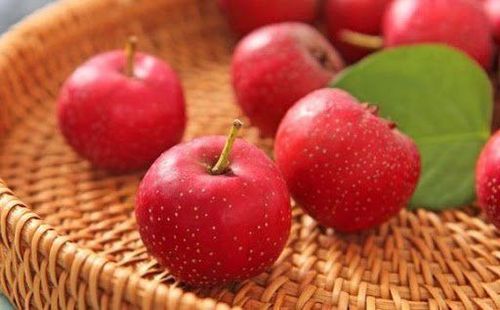
4. How to extend the shelf life of apples
Extending the shelf life of apples can be as simple as practicing proper food storage habits at home.
Here are a few tips to help keep apples fresh for as long as possible:
Do not wash your apples until you are ready to eat them.
Leave your apples in whole form and uncut until you are ready to eat them, as exposure to oxygen accelerates oxidation and spoilage.
Store whole apples in the refrigerator crisper drawer instead of the pantry or countertop, as cooler temperatures retain prolonged freshness.
Submerge cut apple slices in a mixture comprising 1 teaspoon (5 ml) of lemon juice mixed with 1 cup (240 ml) of water to slow the natural oxidation.
Wrap individual apples in ziplock bags or paper bags to prevent ethylene gas exposure, which accelerates ripening in nearby apples.
By following these simple preparation and storage tips at home, you can enjoy fresh and delicious apples for a longer time.
To arrange an appointment, please call HOTLINE or make your reservation directly HERE. You may also download the MyVinmec app to schedule appointments faster and manage your reservations more conveniently.

